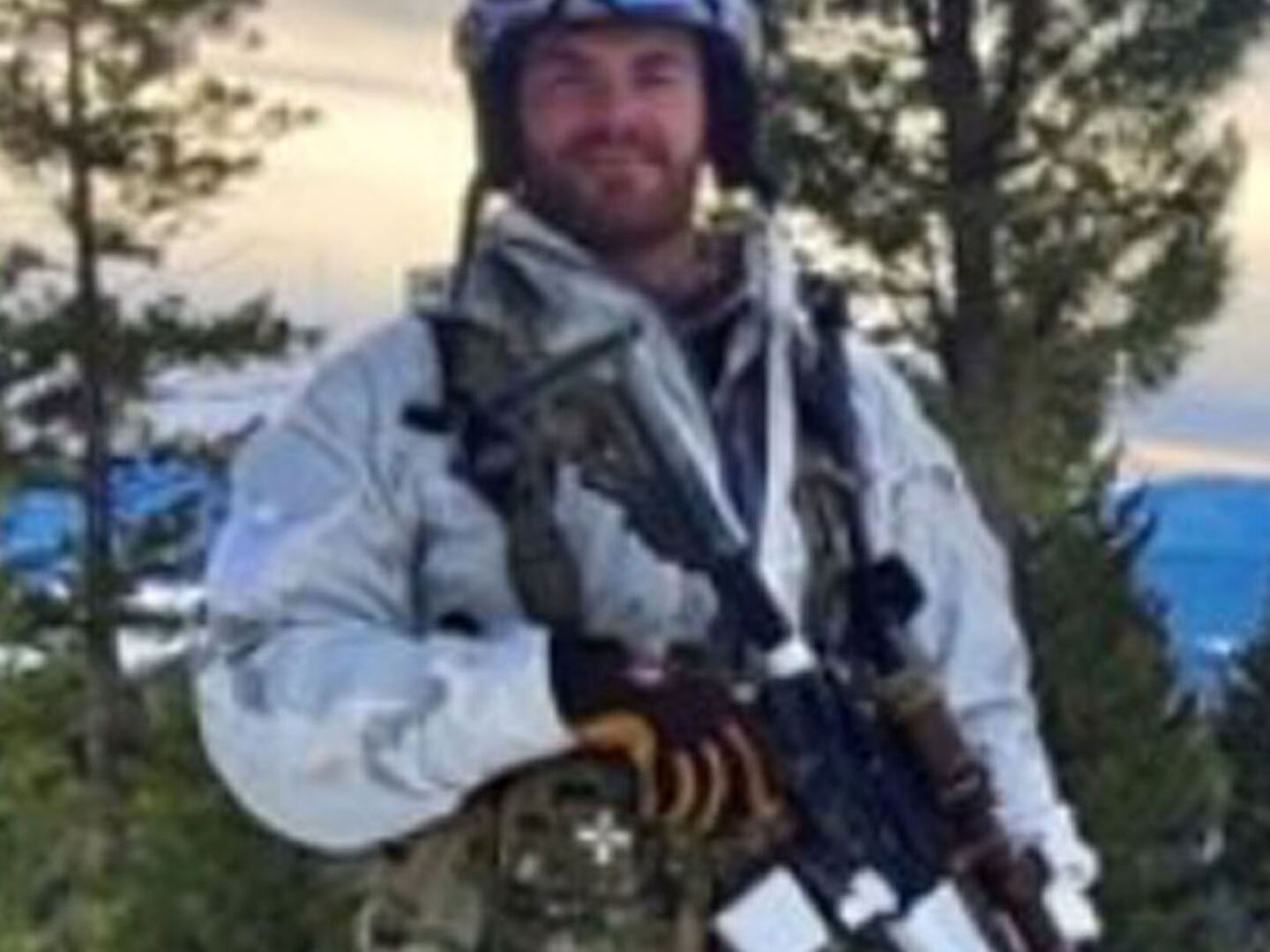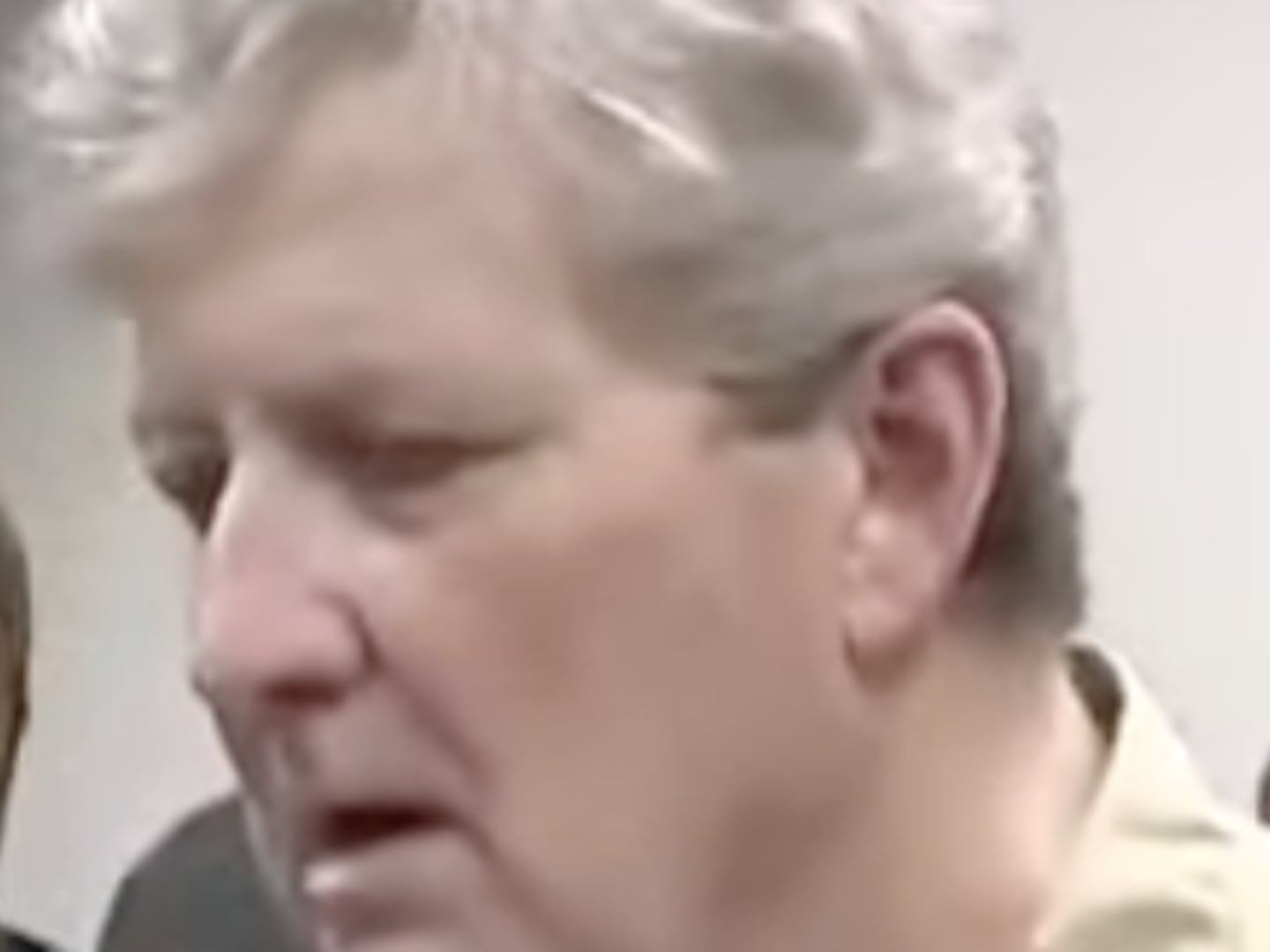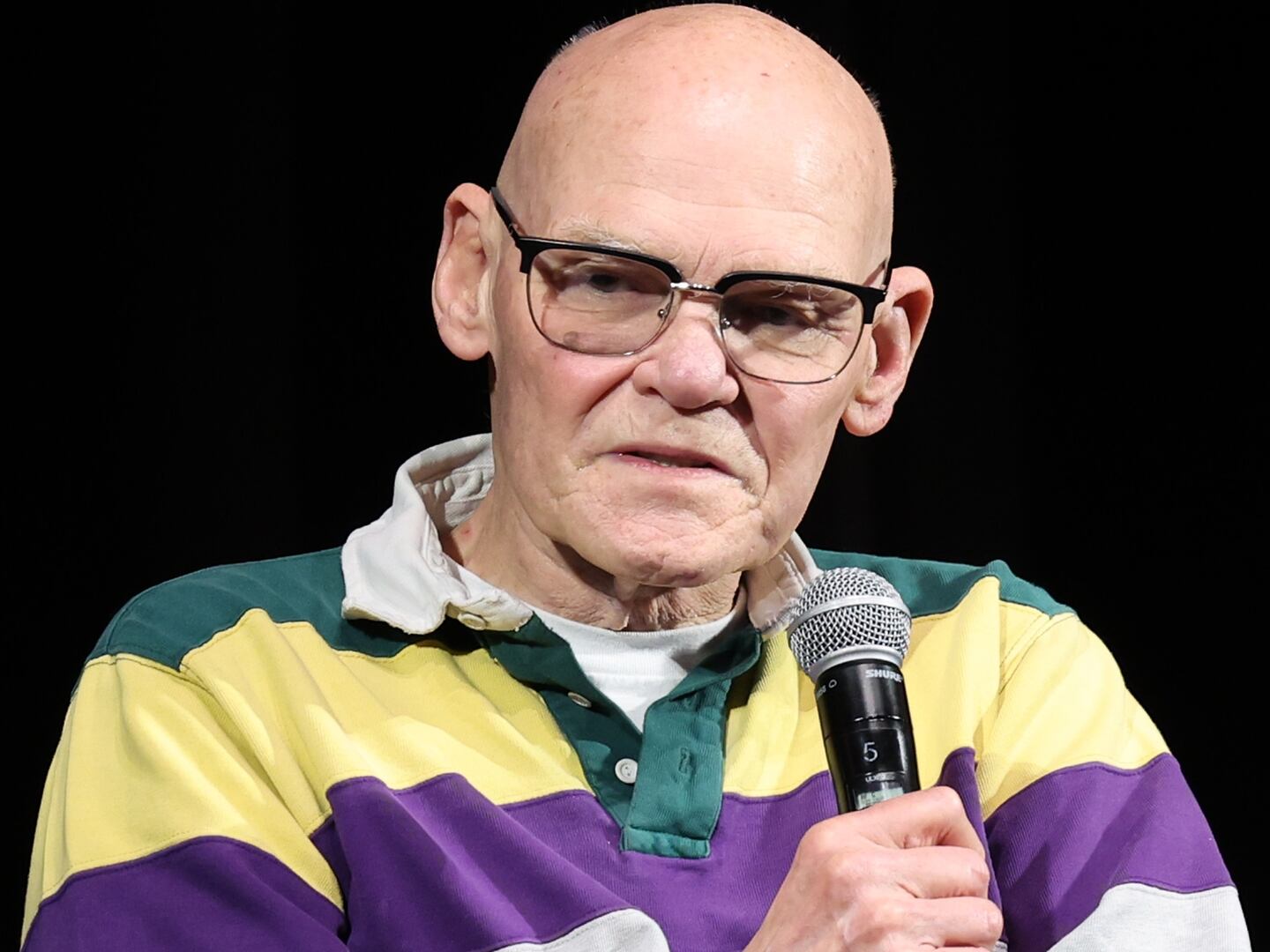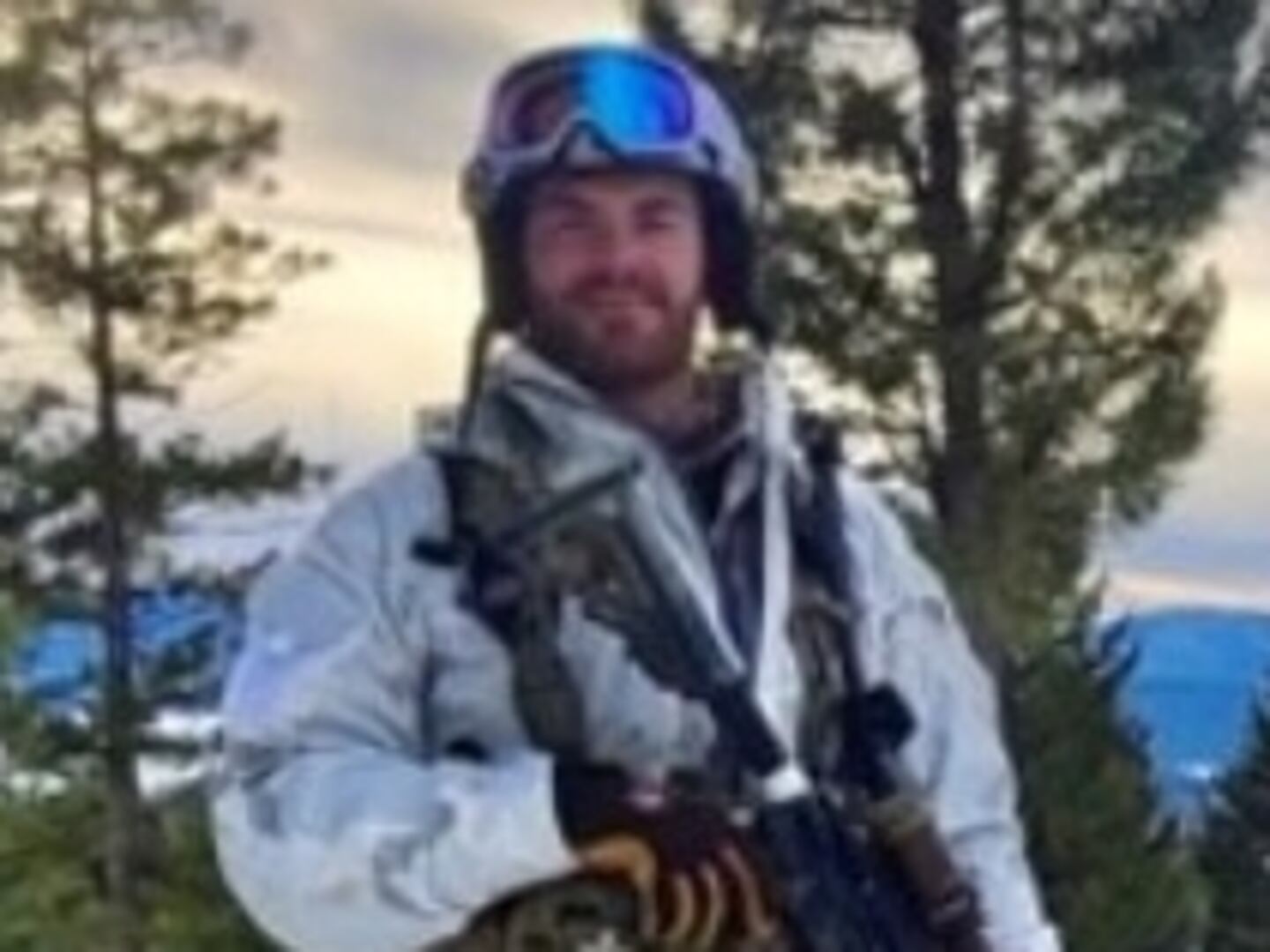Culture
Joan Marcus
Welcome to Annie Baker’s World of Unseen Horrors: Review of ‘The Antipodes’
Master
The Pulitzer Prize-winning playwright returns with perhaps her most mysterious play yet—about an endless office meeting taken up with storytelling.

Trending Now





